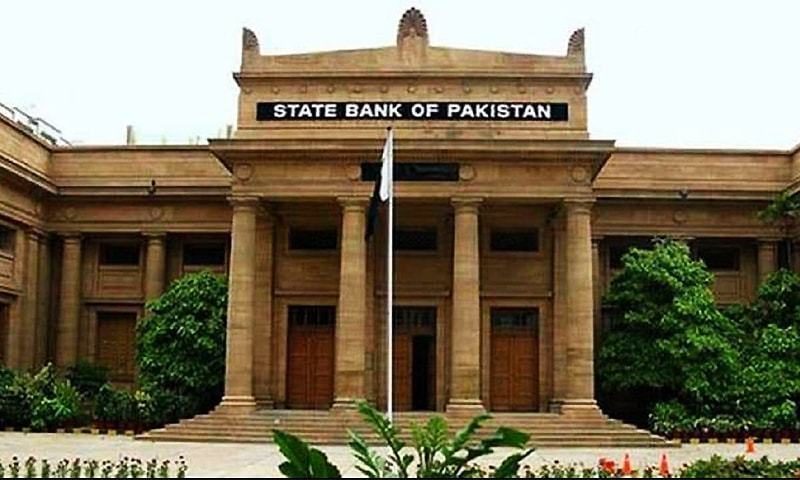KARACHI: The State Bank of Pakistan (SBP) has facilitated the making of commercial payments abroad through a number of ways on account of services availed by the local as well as foreign companies operating in the country.
The central bank on Thursday said it had changed foreign exchange instructions pertaining to commercial remittances aimed at ease of doing business and facilitating cross-border commercial payments on account of services.
The SBP has revised the policy on remittance of Royalty, Franchise & Technical (RFT) fees for the manufacturing sector. Banks have been delegated the authority to register the agreements of parties and to allow remittances of RFT fees under the revised policy. The threshold for remittance of such fee has been revised upwards to cater for the needs of business community.
“Now, entities belonging to manufacturing sector, through their designated bank, can remit $1 million as upfront payment and up to 8 per cent of net sales (excluding taxes and cost of imported components),” said the SBP.
Doubles limit for digital service providers to $400,000 annually
Moreover, a new category — royalty on export-related manufacturing — has been introduced under which Pakistani entities collaborating with foreign counterparts can remit recurring royalty payment of up to 10pc of net export sales. In view of an increasing reliance of businesses on digital services procured from abroad, the SBP has raised the per year limit assigned to 62 whitelisted digital service provider companies from $200,000 to $400,000 per annum.
Further, for acquiring digital services from companies not included in the list, the per year limit of remittance has also been increased from $25,000 to $40,000.
“To facilitate businesses in acquiring services from abroad, apart from digital service providers, SBP has enhanced the threshold from $10,000 to $25,000 up to which banks can process request for acquiring services from abroad,” said the SBP.
Beyond this limit remittances can be made after getting the agreement registered with Foreign Exchange Operations Department (FEOD) of SBP-Banking Services Corporation (BSC).
Another important change was made for remitting of profit and head-office expenses by branches of foreign companies. In order to facilitate branches of foreign companies in remitting legitimate payments such as profit, head office expenses and winding up proceeds, the SBP has made changes in existing regulations and authorised banks to allow such remittances with a minimum involvement of the central bank.
“The branches of foreign companies working in Pakistan and intending to remit profit/head office expenses or winding up proceeds, shall get their bank designated from Exchange Policy Department after which the remittances under these heads can be made by the designated bank,” said the SBP.
Published in Dawn, August 6th, 2021














































